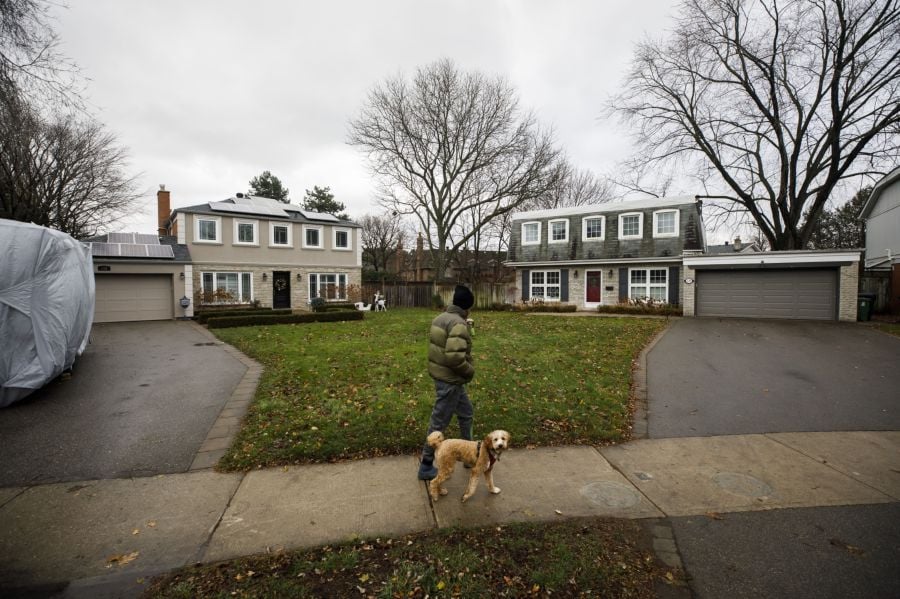The industry body for Toronto real estate agents says the city's record-breaking surge in home prices is nearing an end as borrowing costs are set to rise.
Prices rose 6.9 per cent on a seasonally-adjusted basis in January, the fastest monthly gain in almost five years, data released Thursday from the Toronto Regional Real Estate Board show. The average selling price was C$1.24 million (about US$979,000) during the month. But the group says the increases won't continue.
Its forecast for the year is that selling prices will average C$1.23 million, implying they will flatline for a while. The real estate agents' prediction comes on the heels of a warning from Canada's top banking regulator that the country's housing market is in a "speculative fever" that could be brought to a halt as the Bank of Canada starts raising rates.
"In some markets, where you had really rapid increases in prices, you could see a fall of 10 per cent, 20 per cent," Peter Routledge, the Superintendent of Financial Institutions, said on the Herle Burly podcast this week.

The central bank refrained from raising its benchmark rate from 0.25 per cent at its Jan. 26 meeting but said hikes are imminent to combat the highest inflation the country has seen in 30 years. Financial markets are pricing in about six quarter-point increases over the next year to take the policy rate to 1.75 per cent.
The prospect of higher rates comes after the Canadian housing market became one of the world's frothiest, setting records for both prices and sales in 2021.
"Definitely as we move through the year, it's possible we'll see average prices below that January mark," said Jason Mercer, the real estate board's chief market analyst, adding that January tends to have outsize price swings because there are fewer transactions.
"There's going to be changes in the marketplace that will likely influence demand. Higher borrowing costs will be one of those," Mercer said.
The Toronto board is still not predicting large price declines, though, arguing that the low number of properties up for sale in the city -- there were just 4,140 listings still active at the end of January -- will keep prices steady overall. The group's average price forecast in 2022 still represents a 12 per cent increase from last year, even if it is down slightly from January. - Bloomberg


